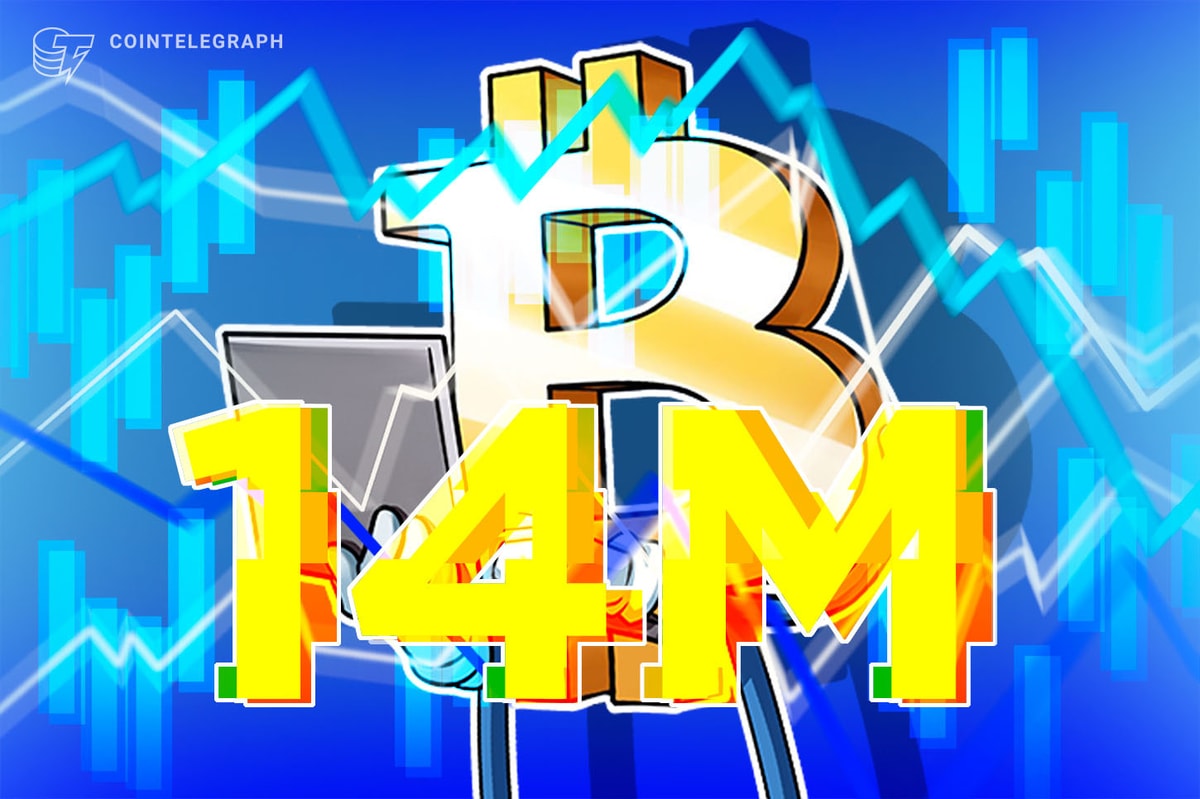The Bitcoin price plunged by 9 percent overnight, declining from $1,060 to $959 across major global Bitcoin exchanges. The short-term drop in price was likely caused by the announcement of Huobi and OKCoin to temporarily disable Bitcoin and litecoin withdrawals for one month.
Huobi and OKCoin are two of the largest Bitcoin exchanges in China that control approximately 25 percent of the global Bitcoin exchange market. The two Bitcoin exchanges process around $55 mln worth of Bitcoin and litecoin on a daily basis.
In the morning of Jan. 9, almost immediately after a meeting took place between nine Chinese Bitcoin exchanges and the People’s Bank of China (PBoC), Huobi and OKCoin abruptly disabled withdrawals for Bitcoin and litecoin funds for up to one month. OKCoin and Huobi told users that they were asked to upgrade their Anti-Money Laundering systems to ensure they are in compliance with local financial and money transmission regulations.
Users of OKCoin and Huobi didn’t receive any notifications or warning letters prior to the abrupt announcement. The halt of withdrawal of Bitcoin and litecoin funds in the Chinese Bitcoin market led the entire global Bitcoin exchange market to panic, plunging the Bitcoin price which was recovering from its initial decline caused by the People’s Bank of China’s meeting with Chinese Bitcoin exchanges.
Both OKCoin and Huobi provided identical statements to their users. OKCoin and Huobi stated that credit lines and cryptocurrency operations of both exchanges will be frozen immediately and that users will not be able to withdraw any funds apart from RMB balances until the AML system upgrade is completed.
While the two exchanges expect the overhaul of AML infrastructure to take up to one month, a local news outlet CnLedger confirmed that OKCoin and Huobi may allow users to withdraw balances if the upgrade is completed within the one-month roadmap.
On Jan. 22, Huobi and OKCoin were criticized by the People’s Bank of China for operating cryptocurrency businesses on top of an AML system that isn’t compliant with local regulations. The PBoC specifically addressed the two Bitcoin exchanges out of nine Bitcoin exchanges operating actively within the country and informed them on how to improve or change the AML system in order to remain compliant with local laws.
At the time, the local publication Shanghai Observer reported:
“Preliminary inspection of “OKCoin” and “Huobi” showed that these platforms provided margin trading which violated rules, resulting in abnormal price fluctuations in the market. During the inspection, it has also been discovered that these platforms had not established sound anti-money laundering system according to regulations.”
Although Huobi terminated margin trading after the announcement of PBoC, they failed to address the AML system issue the PBoC brought up during the preliminary inspection and visits. As a result, the PBoC pressured the two Bitcoin exchanges to immediately overhaul the AML system and temporarily disable withdrawals and operations until the upgrade is completed.











